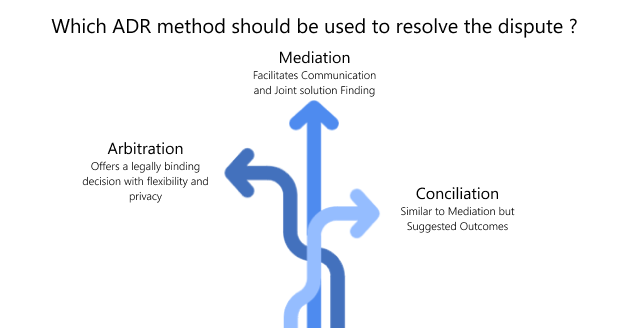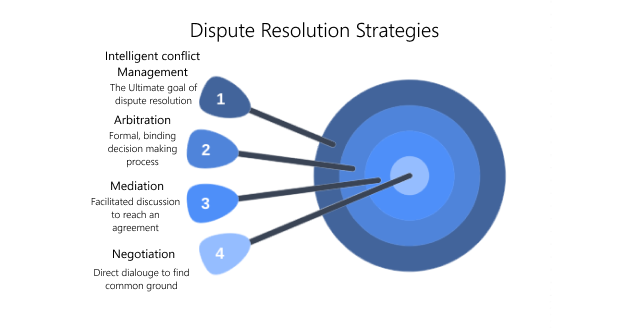Dispute resolution, in its broadest sense, refers to the process of addressing conflicts between individuals or entities, aiming for outcomes that are either legally binding or mutually acceptable. But beyond the definition lies an intricate system shaped by tradition, evolving legislation, and growing digital innovation. And for those caught in a disagreement—whether over unpaid dues, workplace issues, or family matters—understanding this process can mean the difference between prolonged stress and timely closure.
Traditionally, resolving a dispute meant one thing: court. Legal systems across the world have long offered structured, enforceable pathways to justice through formal litigation. But as courtrooms became increasingly overwhelmed with mounting caseloads, and legal battles stretched over months or years, the public began seeking alternatives. This is where the concept of alternative dispute resolution, often shortened to ADR, began gaining traction.
ADR isn't a singular method but a family of approaches. Arbitration, for instance, involves presenting the conflict before a neutral arbitrator, who reviews evidence and arguments from both sides before delivering a legally binding decision. In many ways, it mimics the court process—but with more flexibility, privacy, and speed. Mediation and conciliation, on the other hand, offer softer frameworks. A mediator helps both parties communicate better, explore their positions, and arrive at a solution together. Conciliation follows a similar path but allows the conciliator to actively suggest possible outcomes.

At the heart of these processes is one key principle: not every disagreement needs a gavel and bench. Some require dialogue. Others, structured negotiation. And still others need an impartial voice in the middle, guiding the way.
What makes dispute resolution so universally applicable is its range. A landlord and tenant at odds over unpaid rent. Two companies arguing over delayed deliveries. A borrower defaulting on EMIs. Each of these scenarios can be tackled through tailored dispute resolution mechanisms. Even courts today encourage parties to first explore out-of-court settlements before escalating matters to litigation.
This shift has been further catalysed by the rise of digital ADR platforms. In India, for example, platforms like PrivateCourt have emerged as facilitators of remote arbitration and conciliation. These systems blend legal rigour with digital efficiency, allowing cases to be managed entirely online. For many, especially in the business and financial sectors, this offers an appealing alternative to the traditionally slow and opaque legal machinery.
Of course, not all disputes are suitable for informal resolution. Certain criminal matters, constitutional questions, and public interest cases may demand judicial intervention. But for a vast majority—contractual breaches, loan recoveries, employment issues—ADR methods are not only sufficient but often superior.
What does this mean for the average person? Simply put, knowing your rights is only part of the puzzle. Equally important is knowing how to resolve conflicts—when to negotiate, when to mediate, and when to arbitrate. And as technology makes these options more accessible, the barriers to justice continue to fall.

In the end, dispute resolution is less about avoiding conflict and more about managing it intelligently. Whether you're an entrepreneur, a lender, an employee, or a citizen simply caught in a difficult situation, understanding this process empowers you to act—not out of frustration, but with foresight.
keywords:what is dispute resolution , types of dispute resolution ,dispute resolution methods ,alternative dispute resolution ,legal dispute resolution ,arbitration and mediation
